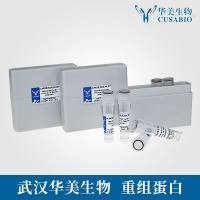Reversible Manipulation of Apoptosis Sensitivity in Cultured Hepatocytes by Matrix-Mediated Manipulation of Signaling Activities
互联网
276
Hepatocytes in culture are a valuable tool to investigate mechanisms involved in the response of the liver to cytokines. However, it is well established that hepatocytes cultured as monolayers on dried stiff collagen dedifferentiate, loosing specialized liver functions. In contrast, softer matrix systems like gelled collagen help to preserve these structural and functional features. We show that the de-differentiation process induced in conventional dry collagen is a reversible consequence of a specific signaling network constellation triggered by the extracellular matrix that results in apoptosis resistance. A dried stiff collagen activates Akt and ERK1/2 pathways that results in apoptosis resistance. In contrast to stiff collagen, a soft collagen gel does not activate these pathways keeping the hepatocytes in a state where they remain sensitive to TGF-β-induced apoptosis. Finally, we show that matrix-induced apoptosis resistance is reversible by re-plating cells from dried stiff to soft gel collagen. Practical consequences of these observations are that differentiated functions of hepatocytes, such as metabolism, endocytosis, and apoptosis, should be studied in hepatocyte sandwiches. On the other hand, proliferation and regeneration associated signaling can better be studied in hepatocytes cultured on collagen monolayers. In this chapter we focus on mechanisms that influence apoptosis sensitivity in cultured mouse hepatocytes.








